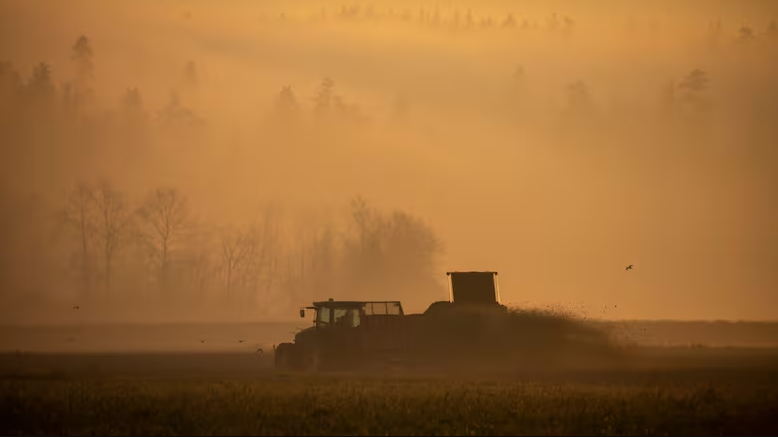B.C. Farmers Lost $457M in 2024 — Most in Canada, Say Climate and Costs to Blame
Olivia Singh
6/30/20252 min read


British Columbia’s farmers suffered $456.9 million in net losses in 2024, according to Statistics Canada — the highest of any province and part of a troubling trend that has seen B.C. farms in the red every year since 2017.
The B.C. Agriculture Council says skyrocketing land costs, severe climate disasters, and global market pressures have devastated the industry, particularly for smaller operators without intergenerational land wealth.
“B.C. is the most expensive province to farm in,” said Council president Jennifer Woike, who runs a poultry farm on Vancouver Island. “We’re at a tipping point — and farmers can’t do it alone anymore.”
Climate Chaos and Soaring Costs
Woike says climate change has left a trail of destruction:
2021 heat dome scorched fruit crops.
2021 Fraser Valley floods damaged over 1,100 farms.
2023 wildfires and drought followed by
2024 cold snap, which wiped out entire crop yields in some regions.
On top of that, farmers are now facing U.S. tariffs, making essential imports like fertilizers and pest control products even more expensive.
“Some supply chain costs have jumped 30 to 100 per cent since the pandemic,” Woike said.
Outdated Systems, Inadequate Relief
While the province offers disaster recovery programs, Woike says they're bureaucratic and insufficient.
“They’re not designed to make farmers whole. Some cover just 70% of the losses — and only after long delays,” she said.
The Council is calling for:
Streamlined, faster disaster funding
Higher compensation rates
An overhaul of the 52-year-old Agricultural Land Reserve (ALR)
Calls for ALR Modernization
The ALR was created in 1973 to preserve farmland — but Woike says it needs updating to reflect today’s realities, such as the need for more space for farm infrastructure and food processing.
“The ALR gives hope for future generations. But farms can’t just survive on preservation alone — we need support to thrive.”
Government Response
Agriculture Minister Lana Popham acknowledged the crisis, citing high costs, climate impacts, and global competition as major concerns. She said the province:
Established a Premier’s Task Force on agriculture
Provided $175 million in climate-related aid for tree fruit growers
Is updating the ALR land inventory to inform better policy
“We’re working with farmers to build a sustainable food system,” Popham said.
The province also said it’s lobbying the federal government to simplify disaster funding distribution to farmers.
As Woike puts it:
“We need to stop patching holes and start building a system that can actually weather the storms.”
News
Stay updated with the latest BC news stories, subscribe to our newsletter today.
SUBSCRIBE
© 2025 Innovatory Labs Inc.. All rights reserved.
LINKS
